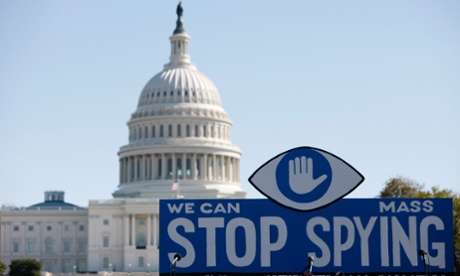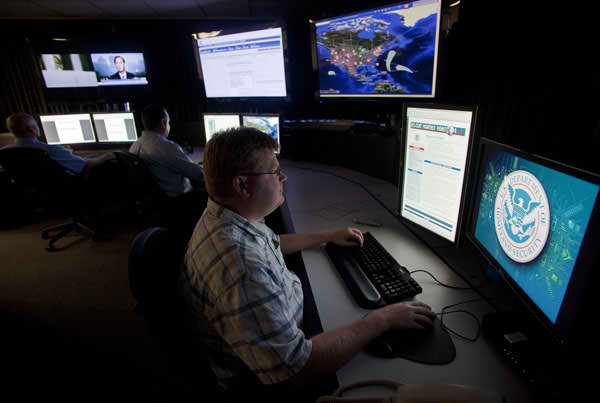The FBI is trying its best to convince an ambiguous regulatory body in Washington to modify its operation rules with the aim of possessing new powers to hack into and perform surveillance of computer systems all over the world.
In response, civil liberties groups are of the view that this rule modification will bring great power to the agency. They would then violate the first amendment privacy rights and would also cross strict limits to searches and seizures mentioned under the 4th amendment of the US constitution. The civil liberties groups have protested that the FBI is seeking to alter its cyber capacities with no congressional supervision.
The regulatory body to which the Department of Justice has applied to make the rule change, the advisory committee on criminal rules, will meet for the first time on November 5 to discuss the issue. The panel will be addressed by a slew of technology experts and privacy advocates concerned about the possible ramifications were the proposals allowed to go into effect next year.
“This is a giant step forward for the FBI’s operational capabilities, without any consideration of the policy implications. To be seeking these powers at a time of heightened international concern about US surveillance is an especially brazen and potentially dangerous move,” said Ahmed Ghappour, an expert in computer law at University of California.
The proposed changes in operation of the FBI linked to rule 41 of the federal rules of criminal procedure, gives terms where the FBI can perform searches based on court-approved warrants. These are to be highly specific warrants on precise spots where suspected criminal activity is taking place and must be approved by the district judge.
According to a clause of the amendment a judge is allowed to issue warrants to get “remote access” to computer systems “located within or outside that district” in cases in which the “district where the media or information is located has been concealed through technological means”. These extended powers would be used at district level for criminal investigations as well (at present, terrorist cases are monitored).
In recent legal argument, US prosecutors claimed that even if they had hacked into the server without a warrant, it would have been justified as “a search of foreign property known to contain criminal evidence, for which a warrant was not necessary”.


